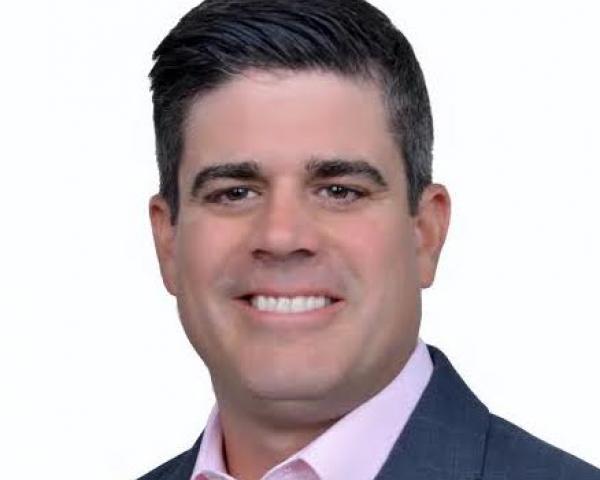As standalone long-term care policies dwindle, along with sales of life insurance, hybrid policies offer a joint solution and a new market.
The continued decline of standalone long-term care policies seems inevitable, and the life insurance gap among Americans continues to widen. Hybrid policies offer a joint solution that with the right approach can turn these two challenges into a new market.
Recent months have seen a steady drip of bad news from life insurers, as firms have had to boost their reserves to the tune of billions in an expectation of soaring payouts for long-term care policies. October's update from Unum followed Prudential's in August, and by the time this is published more will likely have followed.
While troubling, the news simply confirms something that has been fairly obvious for some time: The old long-term care market – once so popular as a means of funding assistied living, nursing home and home care services – is now more of a headache than an opportunity.
Insurers are now having to significantly review assumptions made long ago when the first such policies were written, during a period when life expectancies were shorter and health expenses lower. To say the equation has shifted would be an understatement -- healthcare costs for assisted living have almost doubled over the last 15 years, while one in two Americans now suffers from chronic illness.
The accompanying increased premiums have decimated the market. Many insurers have withdrawn from the line altogether, and those that remain are having to be increasingly restrictive with their policies.
See also: Insurtech: Mo’ Premiums, Mo’ Losses
Axing an entire revenue stream, however -- especially one that was once so lucrative -- is risky in a situation where demand is clearly not the problem. The need for long-term care is going nowhere. And getting on the front foot with a new approach would be advantageous should a new solution cause an emptying marketplace to fill back up.
Hybrid policies are designed to make long-term care insurance profitable again, and they do so by simultaneously offering a new solution to another difficult problem -- the decline in the life insurance market. The number of Americans holding life insurance has fallen steadily for years. The number of Americans holding life insurance has been falling steadily for decades and is now at a record low, with about half of U.S. households going without.
Hybrid policies work by combining the two types of coverage – life insurance and long-term care – and allow for payouts based on accelerated or early payments of a death benefit. Importantly, the combination also allows insurers to stabilize the risk profile of the product and provide a sustainable means of growing both the top and bottom line.
Despite some initial skepticism based on previous miscalculations that are now coming home to roost, insurers are starting to warm to the new approach, and upward of 260,000 hybrid policies were sold last year.
As well as potentially re-opening the long-term care market, the policies could simultaneously help insurers reverse the downward trend in life insurance. Evidence suggests that one of the main barriers for uptake of life insurance among today’s customers is the lack of flexibility and control associated with traditional products. By addressing this, hybrid policies promise to turn two problems into a new and untapped market for insurers.
See also: What’s Next for Life Insurance Industry?
However, the skepticism isn't without cause. As the headlines are reminding us, the consequences of incorrect assumptions and miscalculation can be drastic and long-lasting. If the long-term care market is to enjoy a hybrid revival and avoid the mistakes of history, carriers will need to ensure that the design is right. Given the nascent stage of the new product, this requires a specific set of underwriting skills, a granular understanding of the pricing and risk modeling involved, a deep expertise in mortality rates and new reinsurance structures to support risk transfer. For those that can get it right, though, the rewards will be significant.


